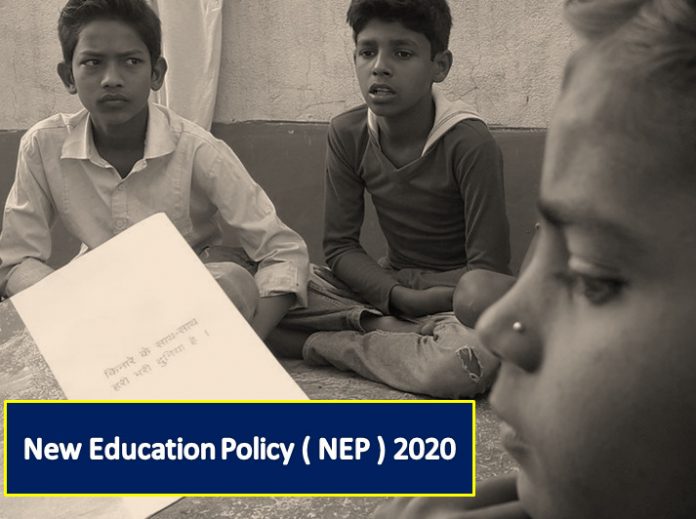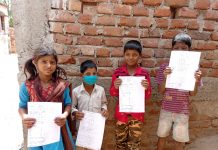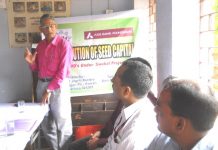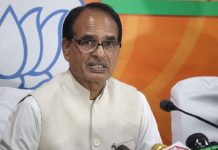
After a prolonged wait and much anticipation, the NEP is finally here. The New Education Policy(NEP) talks about radically changing the educational landscape of India and it wouldn’t be wrong to see it attempting a complete overhaul of the present educational infrastructure, ingrained values and processes of the system.
One of the most important assertions made in the NEP is regarding the need to look beyond the compartmentalisation of knowledge and arrive at a more dialogic and multidisciplinary approach to education.
This assertion will certainly have entrenched and deeply transformative consequences for the way that education is perceived at not only higher stages of learning but also at the school level.
Children will no longer be compelled to choose between Science, Commerce and Humanities at the school level and would be spared the torturous ordeal of being confined to fixed knowledge systems and career choices at a time when they should ideally be allowed to explore varied branches of knowledge, gain interdisciplinary exposure and learn about not one but diverse vocational possibilities.
Under the NEP, students at the school level will be spared the compulsive choice between the three streams at the class 11 level. So learning mathematics and political science or physics and sociology at the same time, would no longer be a far-fetched dream.
This would seriously be a meaningful shift from a rigid structure towards a fluid, flexible and creative system. In India, the choice between the streams of Science, Commerce and Humanities isn’t only one that is based on inclination and interest but there is a hierarchisation of disciplines and while Science is at the apex of the trinity in terms of the respect it gains, Commerce follows and Humanities is considered to be the most undesirable stream.
A child is made to feel that Commerce and Humanities are options for the losers, the untalented and dull and that Science is a matter of pride and a ticket to a bright future and societal respect. The child’s own interest or inclination never really matters in this structure. One’s talent, intelligence, smartness and capability are judged, thus someone who gets Science is obviously smarter, more capable and has a brighter future than someone who is doing Humanities.
This problematic vision of education goes against the very purpose of schooling, which is to expose and equip one to discover the inner potential, become aware of the vocations and ways of life that one has possibly not known before and open up one’s mind to the beauty of meaningful, cross-disciplinary knowledge systems.
The NEP has finally ended the draconian separation and rigid wall between the three streams and allowed students the opportunity to engage with subjects that couldn’t be studied together in the previous system. The NEP has done away with the compartmentalisation and made it possible for students to adopt an interdisciplinary, open-ended and creative approach to education.
It will surely pave way for a more engaged, meaningful and less distressing time for students in Indian schools and help them become sufficiently exposed to not just one but multiple ways of looking at the world, choosing their vocational calling and understanding what their inner potential really is.
But will the change and overhaul brought in by the NEP really free Indian children from the rigid, closed-ended and confined ways of looking at academics just by introducing multidisciplinary opportunities, will this be enough to alter the way children look at success, failure and future possibilities? What role must our schools and communities play and what are the challenges that students, pedagogues and guardians are likely to face? Will societal orientations to education really change?
The New Leam ‘Community’ is a special section, where we want our readers to participate as much as possible and express themselves on various issues posted here. We encourage you to take part in the ongoing debates/discussions and community forums so that we and other readers can connect with you on issues that matter to us.
Please feel free to contribute videos, pictures and stories and browse through contributions made by others. E-mail : thenewleam@gmail.com













